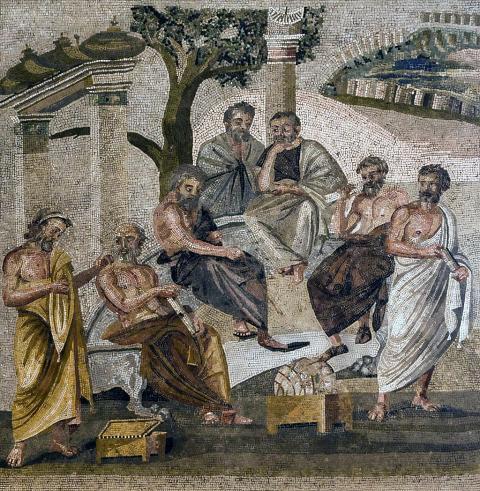SCS Blog Author Page
Posts by Elizabeth Manwell

|
Blog: Equitable Assessment in the Classics Classroom, Part 3 of 3: “Alternative” Assessment: Ungrading in Classics
|

|
Blog: Equitable Assessment in the Classics Classroom, Part 2 of 3: Labor-Based Grading in the Classics Classroom
This is Part 2 of a three-part series. Find Part 1 and Part 3 here.
Tradition in Classics is powerful. When the three of us started teaching as graduate students, we drew on our experiences as undergraduates in the many Classics courses we had taken, particularly when it came to assessing students. This is not a bad thing! We all need to start somewhere while we are growing as educators. Nevertheless, it was Read more … |

|
Blog: Equitable Assessment in the Classics Classroom, Part 1 of 3
This is Part 1 of a three-part series. Find Part 2 and Part 3 here. Picture a student getting back a graded essay or exam. They glance at the letter or number at the top of the page and throw the paper in the recycling on their way out the door without reading the feedback, even when you think it will help them succeed on the next major assignment. Imagine being consistently impressed by a student’s in-class work. Their insights and positive attitude contribute significantly to the learning environment. However, they do very poorly on the first major assessment, a midterm exam. Both of you are surprised and dismayed, and the student is discouraged. Consider Read more … |
